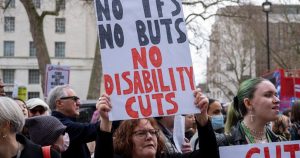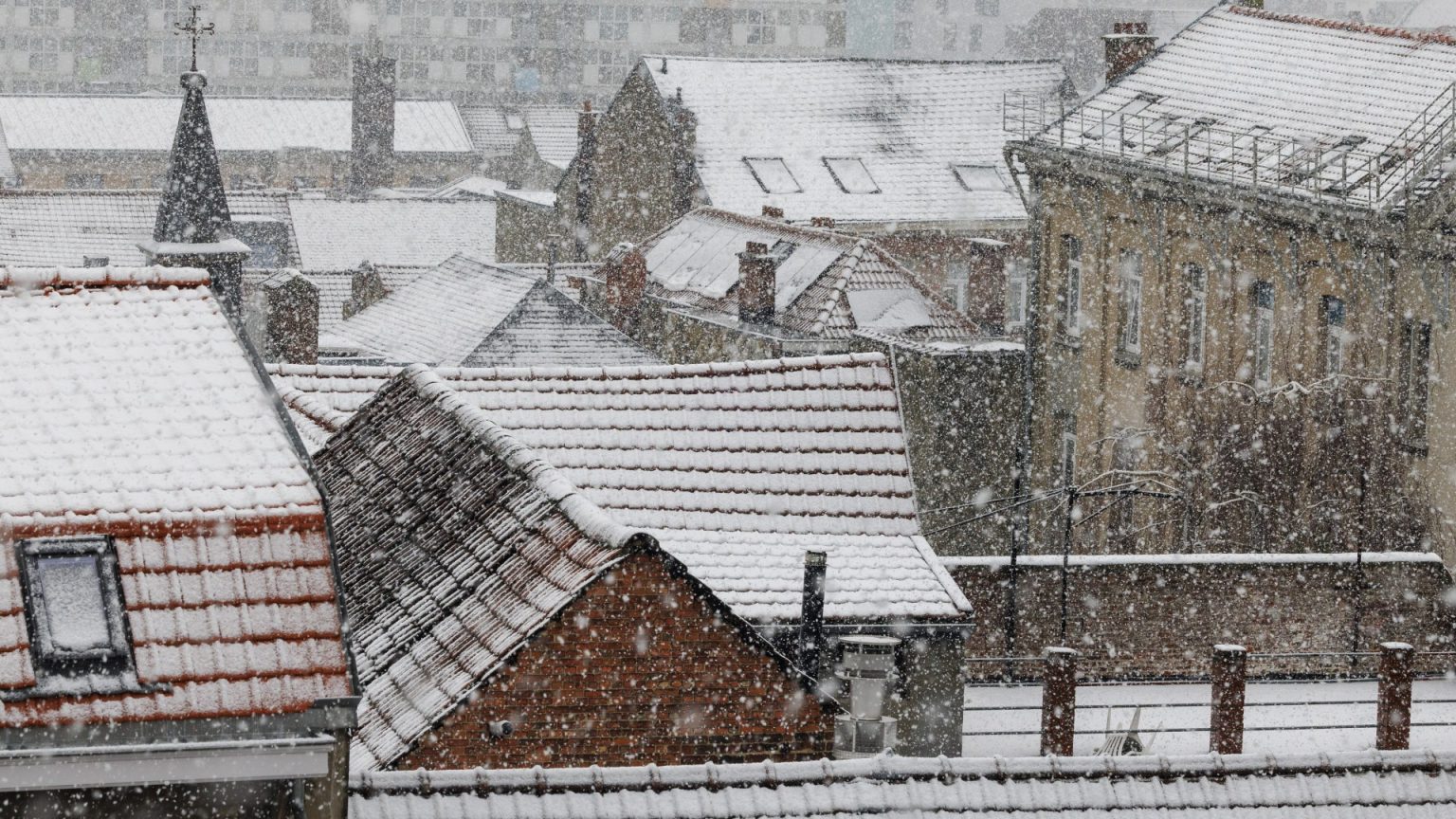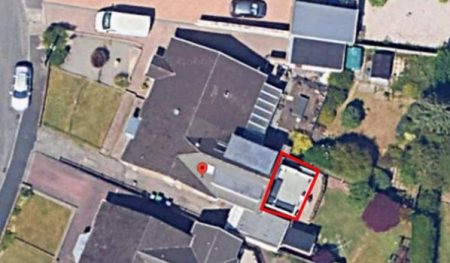The Department for Work and Pensions (DWP) is providing Cold Weather Payments to eligible households across England, Wales, and Northern Ireland to alleviate the financial burden of heating costs during the cold winter months. These payments are triggered when the average temperature in a specific postcode falls to, or is forecast to fall to, 0°C or below over seven consecutive days. Currently, numerous postcodes are eligible for these payments, with some receiving a single £25 payment and others receiving two payments totaling £50, reflecting extended periods of freezing temperatures. The DWP emphasizes that these payments are automatic, requiring no application from eligible recipients. Funds are deposited directly into bank accounts within 14 working days of the trigger event. Importantly, there’s no cap on the number of Cold Weather Payments a household can receive during the winter season, which runs until March 31st.
Eligibility for Cold Weather Payments hinges on receiving specific benefits. These include Pension Credit, Income Support, income-based Jobseeker’s Allowance (JSA), income-related Employment and Support Allowance (ESA), and Universal Credit. Additionally, those receiving Support for Mortgage Interest (SMI) may also qualify. Specific criteria apply depending on the benefit received. For instance, Universal Credit recipients must be unemployed or gainfully self-employed, or have a partner meeting these conditions. Further qualifying conditions include having a health condition or disability resulting in limited capability for work, having a child under five, or having a disabled child included in the Universal Credit claim. Those receiving Income Support, JSA, ESA, or SMI with a baby or child under five must inform their local Jobcentre Plus to ensure eligibility.
Crucially, residents of Scotland are not eligible for Cold Weather Payments but instead receive the Winter Heating Payment. This payment operates differently and information regarding eligibility and payment amounts can be found on the Scottish Government website. To determine eligibility for Cold Weather Payments in England, Wales, and Northern Ireland, individuals can use the online postcode checker provided by the DWP or consult the relevant government websites. These resources offer up-to-date information on triggered postcodes and eligibility criteria. It’s important to note that online benefit calculators are available to help individuals ascertain their broader benefit entitlements, but a formal claim is required to confirm eligibility and receive any payments.
The process for receiving Cold Weather Payments is designed to be seamless. Eligible recipients will receive their payments directly into the same account where they receive their regular benefits, typically within 14 working days of the seven-day cold weather trigger in their postcode. If a payment is expected but not received, individuals should contact the Pension Service or their local Jobcentre Plus. For those on Universal Credit, adding a note to their online journal is also an option. It’s crucial to be proactive in reporting non-payment to ensure that entitled individuals receive the financial support intended to help them cope with cold weather expenses.
Beyond Cold Weather Payments, a range of support is available for households struggling with energy bills. Energy suppliers often offer repayment plans, allowing customers to pay off debt in manageable instalments. Negotiating affordable repayment terms is essential, and customers should not hesitate to discuss their financial situation with their supplier. Many energy companies also provide grants to vulnerable customers. For instance, British Gas offers grants up to £2,000 and operates additional support funds, including one available to non-customers. Other providers like EDF, E.ON, Octopus Energy, and Scottish Power also have grant schemes. Eligibility and grant amounts vary, so contacting the relevant supplier is crucial.
The Priority Services Register (PSR) is another vital resource for vulnerable households. This free service provides additional support to those with specific needs, such as the elderly, disabled, or those with chronic illnesses. Benefits include advance notice of power outages, free gas safety checks, and tailored support during emergencies. Eligibility criteria vary, and application is made through the individual’s energy supplier. Utilizing available resources and support services can significantly alleviate the financial strain of energy bills during the winter months. Proactively engaging with energy suppliers and exploring available assistance programs is essential for households facing difficulties.











